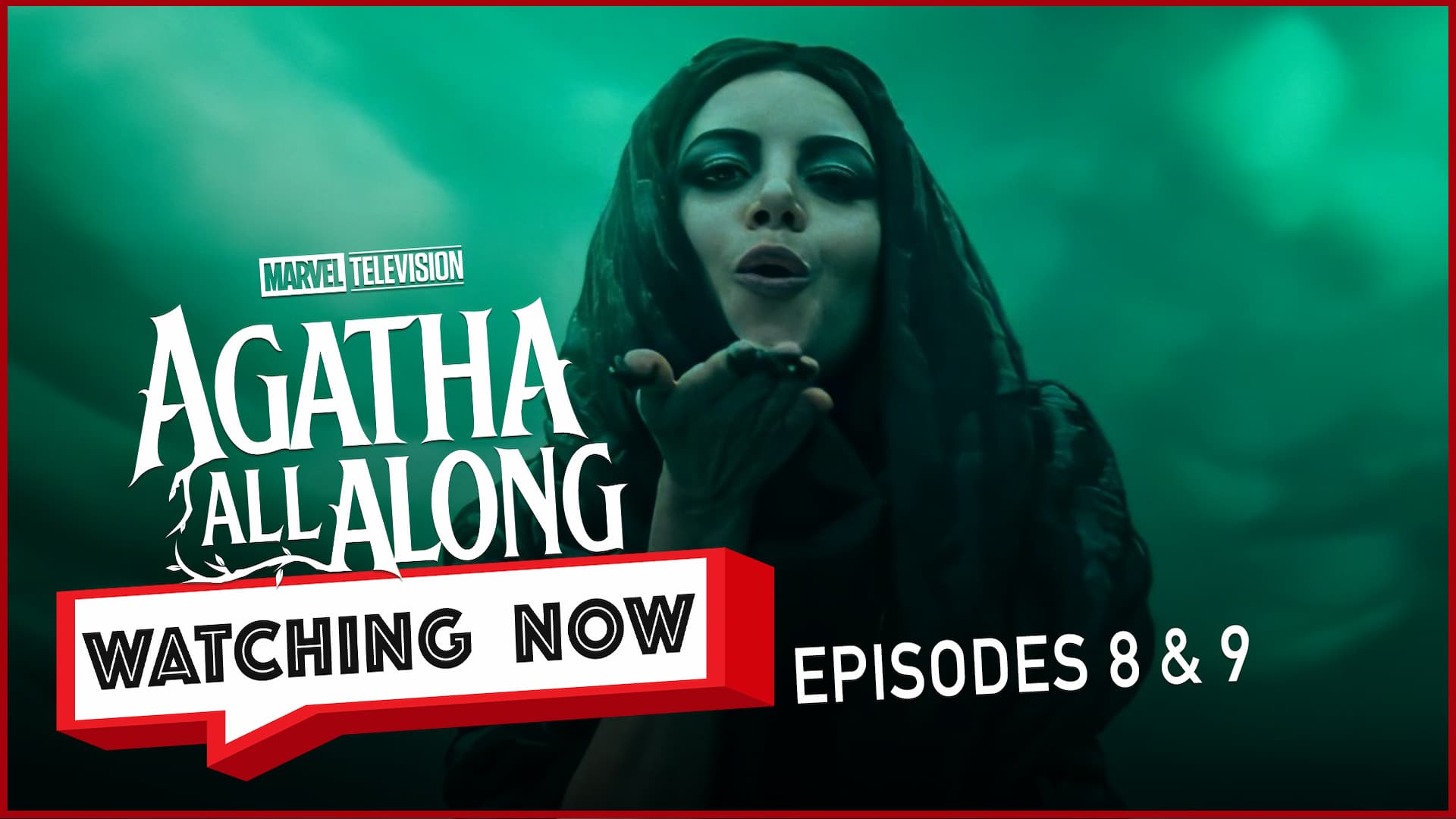While video game collections are squarely targeted at the fans of the respective games series, there’s a big difference between ones that are quick cash grabs and ones that are crafted with love and respect for the source material and their legacy.
The new Teenage Mutant Ninja Turtles Cowabunga Collection by developer Digital Eclipse and published by Konami is an example of the latter. To be honest, I hadn’t heard anything about this game until the Couch Soup guys let me know we had the Steam Key from the developers. Being a big fan of the turtles when I was a kid, I jumped at the chance to review it.
So the pressing question – what do you get for your money? Well, for around $60 AUD ($40 USD for all our American friends), you get:
That list looks really impressive until you factor in that three of those games have multiple versions from different console versions which is a bit excessive and feels too much like padding to me. You also get the Japanese region version of these games and the US region by default which, if nothing else, gives you some extra box art to drool over. I mean, look at that box art, how tubular it is, to borrow a phrase from that antiquated time.

Digging deeper now and actually looking at the gameplay itself, it’s certainly a bit of a mixed bag. We’ve got the arcade games which, for me, are the shining lights of this collection. You can play them with up to four mates or four strangers you managed to beg, borrow or steal away from their loved ones, which is the way to play. You’ve also got the SNES and Genesis/Mega Drive versions of the games, which are middling, to say the least. You are dropped to only two players, so it’s no longer a party, just an awkward sexual encounter. They’re fine to play if you’ve only got one mate around, but then I’d say just play the arcade games. Then you’ve got the Gameboy games which seem to be included for posterity and completeness. These are the games you play for five minutes, say “neato,” and never touch again.
The combat is just your standard two-button punch and jump combat, ala Double Dragon and the original Streets of Rage. Yes, it’s simplistic, but when you’re playing with four people, enemies and projectiles are flying everywhere, and you’re being assaulted from all angles, you don’t need anything more complicated than two buttons. Much like Streets of Rage, there’s also a throwing mechanic which activates when you get close enough to an enemy, and as you tackle many enemies, you’ll get used to the flow of the combat.
The only time this combat gets more complex is with the Tournament Fighters games with combinations more akin to Street Fighter and a goddamn block button which shouldn’t be in the same postcode of a fighting game, but that’s a discussion for another time. The combat’s not exactly fluid for any of the games, but you feel it most in the Tournament Fighters, which makes it just that a bit too slow to be enjoyable for me.

Want a top tip? Implement something I like to call the flying turtle. The grandiose name maybe oversells it a bit. It’s just constantly jumping and doing the lunge kick back and forth so enemies can’t hit you. I’m not saying it works all the time, especially against the big boys with the ability to fire up, but when it does work you’ll save more imaginary quarters than you would by duking it out on the ground, and that is priceless.
Overall, the combat’s simplistic enough so that it’s enjoyable while not being too complex so that people can’t just pick it up and play. It’s not the focal point of the game but it wasn’t meant to be either so it does the job well enough.
Now, just because the combat is simplistic doesn’t mean the games themselves are easy. The various games developed during the arcade heyday that were then ported onto the NES/SNES/Mega Drive & Genesis are almost sadistic in their difficulty. That comes down to them wanting purely to suck as many quarters as possible from naive, wide-eyed youths, which in today’s industry of predatory behaviour by publishers seems positively tame by comparison.
The rest of the games aren’t cakewalks either, but mainly as it’s a test of player endurance to see how long you can put up with the game before your eyes and ears start to bleed. Despair not, however, as there is a light in the darkness in the form of the enhancements menu. Not only does it let you choose the starting level so you can skip a level if it’s bothering you, but you can also make the gameplay faster with turbo mode (something I would recommend as standard practice). Make yourself invincible with god mode and even increase the number of enemies if you’re keen for that, you mad bastard!
Moving away from the gameplay side of things, for now, the art style just highlights how well pixel art ages from that specific time period compared to earlier pixel art, and first-generation 3D graphics holds up. The developers hit the sweet spot when graphics had advanced beyond the rudimentary 8-bit beginnings, but we hadn’t yet hit the sewer pipe of early 3D. While the Gameboy and NES games’ graphics feel like I’m having brake pads jammed into my eyes, the SNES, Genesis/Mega Drive, and arcade games’ graphics are straight-up sexy. I mean, just look at that pirate ship!

The soundtrack is also just as sexy as the art. You’ve got the classic hits from the TV show, including Pizza Power and the TMNT theme song, which I would love to include in this article, but the developers made it clear the music license doesn’t extend for it. The rest of the song list is filled with eighties and nineties generic rock songs that burrow their way into your brains and stick there for weeks, no matter how much you want them to leave.
The sound effects, in comparison, are a little too flat for my tastes. I don’t get the same sense of impact as I do with Streets of Rage, and it’s a little disappointing, considering the music is so good to have the sound effects fall flat. Also, I know the Gameboy wasn’t some monolith of technological advancement, but surely they could have had more than one song played on loop for the entire game. Is that too much to ask?
Now, so far, I know you’re probably thinking at this stage – “yeah, they’re ports of old games, so what? I’m sure I can just find some emulator for free.” That’s a fair point; however, I’m going to pull an Uno reversal charge on you, son, and slam down a royal flush with The Turtles’ Lair. Does that metaphor just confuse you? I agree, so let me explain.
The Turtles’ Lair is a Shellheads wet dream. It’s full of all sorts of goodies. We’ve got digital game boxes and game manuals, magazine ads, catalogues, comic book covers (even alternate versions), screenshots from the various TV shows over the years, behind-the-scenes content (development notes, animation sketches, etc.), music and strategy guides from all the games included in the Cowabunga Collection.
It elevates this game from a standard collection to a must-have for any fan of the turtles. It shows Konami’s love for their franchise and the fans, but I am disappointed we don’t get to bask in the glory of the legendary Vanilla Ice track Ninja Rap from 1991’s seminal Teenage Mutant Ninja Turtles II: Secret of The Ooze. I wouldn’t bring it up normally, but Turtles in Time has Tokka and Rahzar, so why couldn’t we have gotten some Vanilla Ice action? It’s not like he’s got much to shift around in his schedule.

Overall, this collection is, first and foremost, for fans, both old and young. While many of the games seem to be there for posterity, and they’re ones you play for five minutes, the turtles’ lair and the inclusion of the arcade versions of these games make it well worth the price of admission. I am disappointed we didn’t get a pachinko machine bundled in with the collection. It seems like a missed cross-promotion opportunity Konami.


